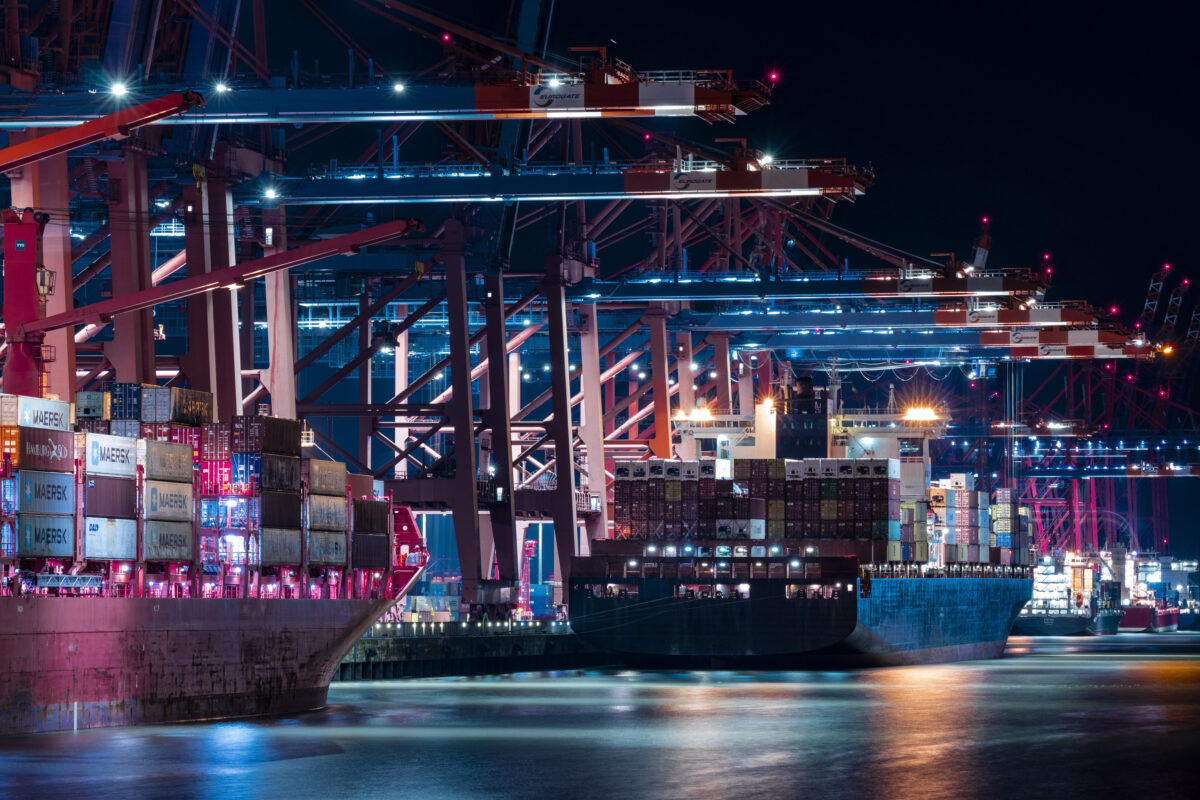Navigating Turbulent Waters: Analyzing the Impact of Global Shipping Bottlenecks on Trade and Transportation
Shipping bottlenecks disrupt global trade flows: Recent disruptions in key waterways like the Suez Canal and missile attacks in the Red Sea have significantly impacted container shipping routes between Asia, North America, and parts of Europe. This has triggered a rise in spot rates, prolonged transit times, extended lead times for importers, and reduced capacity.
Suez Canal detour adds costs and delays: Rerouting ships around Africa to avoid the Suez Canal incurs additional fuel expenses, emergency surcharges, higher insurance premiums, and crew overtime, translating to a 5-6% increase in global container capacity needs. Meanwhile, drought conditions at the Panama Canal also pose potential delays, prompting some carriers to opt for the Suez Canal.
U.S. ports see mixed trade patterns: Though major U.S. container ports saw an overall volume increase of 4% compared to 2019 from January to November 2023, November marked a 9% decline from October, particularly impacting East and Gulf Coast ports due to Panama Canal limitations. Despite year-on-year growth for four consecutive months through November, both Los Angeles and Long Beach ports showed a 14% decline in volume compared to 2022.
Shifting dynamics in domestic transportation: Domestic trucking costs remain favorable for shippers in North America, as carrier capacity outweighs freight demand. Diesel fuel prices dropped in Q4 2023, influencing fuel surcharges. However, the ongoing war in the Middle East and Red Sea attacks could impact crude oil markets, potentially affecting diesel prices in the future.
LTL market softens while FH Packaging offers options: Several LTL carriers announced general rate increases for 2024, ranging from 4.9% to 7.5%, despite a soft market with declining shipments and sluggish manufacturing output. For specific products like aluminum cans and bulk glass containers, FH Packaging offers competitive partial truckload options, optimizing handling and delivery while avoiding preset carrier rates in LTL networks.
Key takeaways:
- Global shipping lanes are facing disruptions due to Suez Canal and Red Sea issues, leading to cost increases and delays.
- U.S. container port volumes fluctuate, with some ports experiencing a decline due to Panama Canal limitations.
- Domestic trucking costs remain favorable for shippers, but fuel prices remain a potential concern.
- FH Packaging offers flexible and competitive solutions for various shipping needs amidst a changing transportation landscape.
